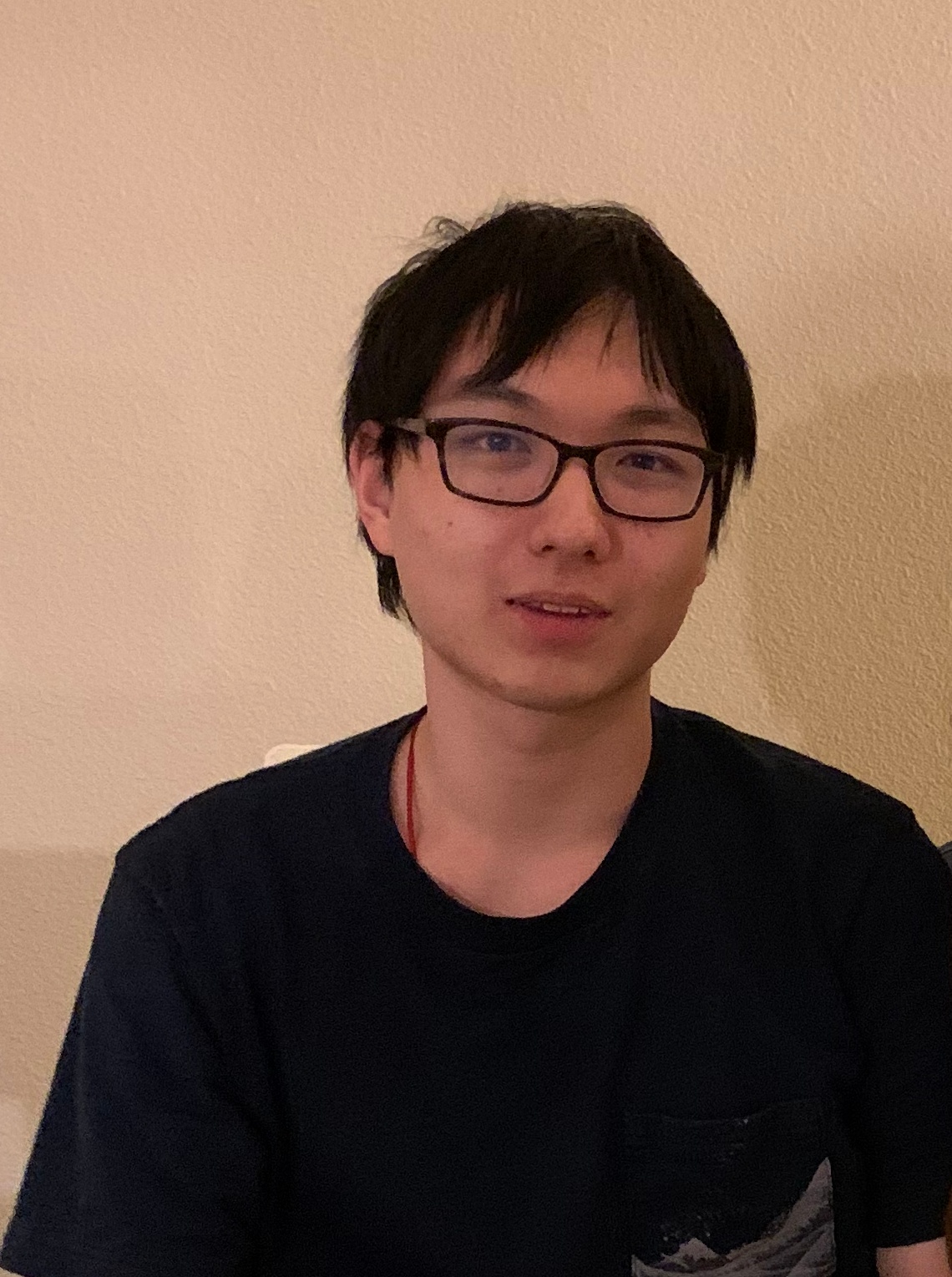About Me
I’m a PhD student in the Human Signals Lab at UT Austin ECE, advised by Prof. Edison Thomaz. My research focuses on the interdisciplinary topics of ubiquitous computing, human-centered sensing, and digital health. Specifically, I develop smartphone- and wearable-based sensing systems and machine learning models to characterize human behaviors and support the early detection and continuous monitoring of health conditions.
I received B.S. Electrical Engineering and B.A. Statistics degrees from Rice University. During my undergraduate study, I had research experience in the Computational Wellbeing Group with Prof. Akane Sano, where I worked on machine learning models for wellbeing predictions with mobile and wearable sensing.
Education
Ph.D. Electrical Engineering
Advisor: Prof. Edison Thomaz
B.S. Electrical Engineering, B.A. Statistics
Magna Cum Laude
Current Research Projects
TechSANS - Technology for Smartphone Assessment of Neurocognitive Symptoms
In this NIH-funded study, we explore digital biomarkers of cognitive functioning based on data collected from sensors in smartphones and wearable devices. We aim to develop systems and models to assess and characterize cognitive functioning in a more naturalistic, unobtrusive, efficient, and continuous manner. Leading this project, my role includes:
- App Development
- Developed an iOS mobile application that continuously collects and uploads longitudinal behavioral and physiological data from iPhone and Apple Watch sensors.
- Utilized Apple’s SensorKit framework to collect additional data modalities from iPhones that are only accessible to approved research studies, including device usage, keyboard typing, light intensity, text message logs, and call logs.
- Benchmarked the battery consumption of different app components to determine the optimal design for balancing data sampling frequency and energy efficiency.
- Backend Infrastructure
- Built a server backend on AWS to store over 10 TB of collected multimodal sensor data, and created automated scripts and web dashboards to monitor data collection.
- Study Management
- Led and trained research coordinators for participant onboarding, data collection monitoring, technical troubleshooting, and follow-up protocols, driving successful recruitment and long-term engagement of 60+ participants over two years.
- Data Analysis
- Identified behavioral signatures from smartphone sensing data and developed personalized deep learning models for cognitive impairment detection, improving performance by 20% over non-personalized baselines and outperforming prior work in the field.
Publications
- Y. Shen, J. H. Park, M. Huang, et al. Deep Learning-Based Detection of Cognitive Impairment from Passive Smartphone Sensing with Routine-Aware Augmentation and Demographic Personalization. IEEE EMBS International Conference on Biomedical and Health Informatics (BHI’25), 2025 (accepted).
- Y. Shen, A. C. Olivier, H. Yu, et al. Personalized Physician-Assisted Sleep Advice for Shift Workers: Algorithm Development and Validation Study. JMIR Formative Research, 2025.
